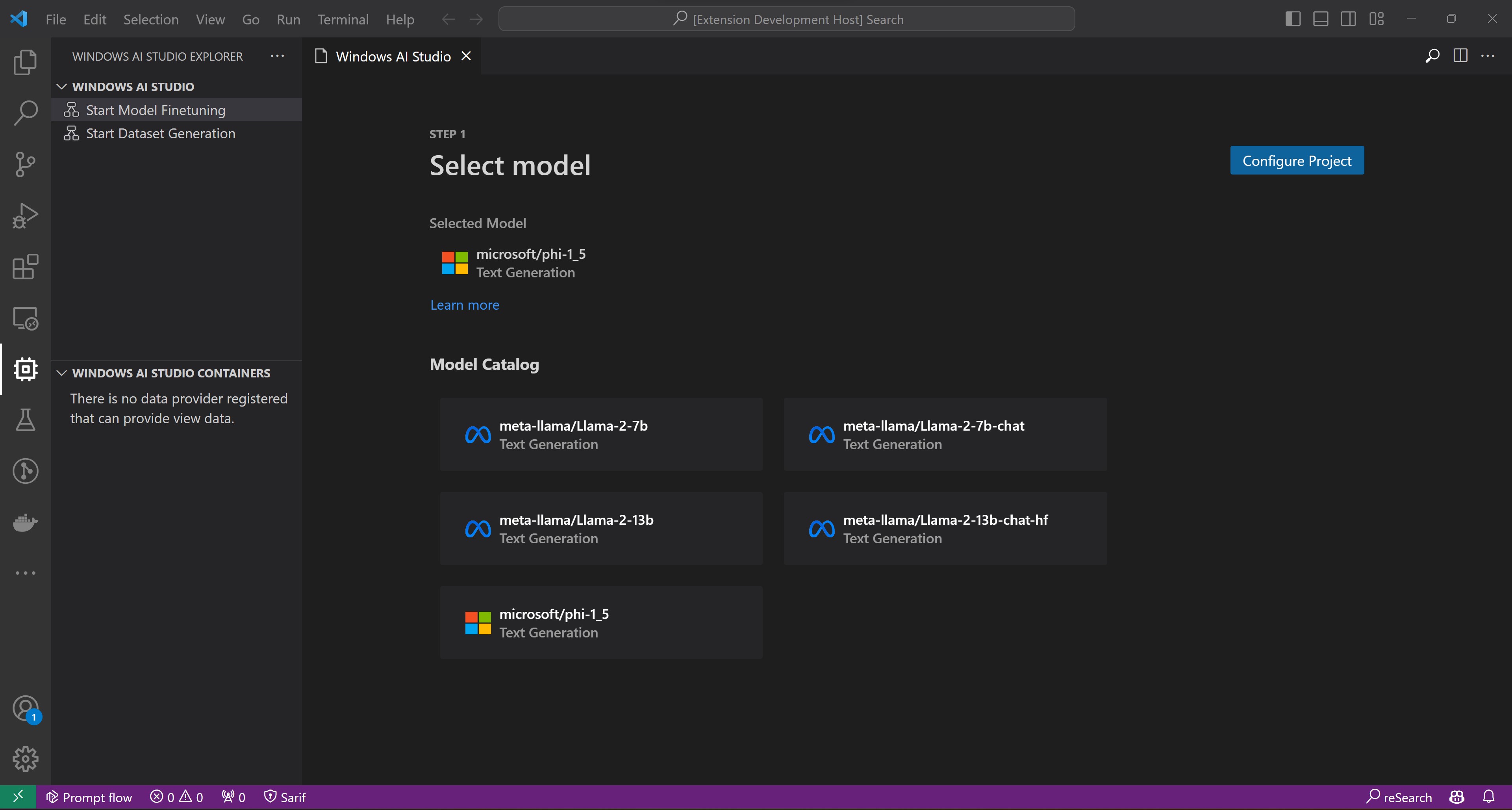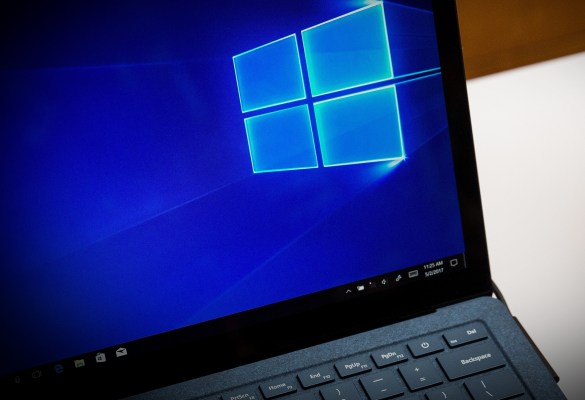Microsoft’s pushing generative AI experiences from the cloud to… Windows devices. Or at least, that’s what it’s signaling it hopes to achieve with the release of the new Windows AI Studio.
Windows AI Studio, unveiled today at Microsoft’s Ignite 2023 conference and set to launch in preview in the next few weeks, is a successor of sorts to the defunct AI Platform for Windows developers. Windows AI Studio brings together AI tools and a catalog of generative AI models that developers can fine-tune, customize and deploy for local, offline use in their Windows apps.
But Windows AI Studio doesn’t force developers to deploy models offline — or in the cloud for that matter. Rather, it gives them options to run models locally or, if need be, in remote datacenters — or in a hybrid local-cloud configuration.
“Given the pace of AI, we want to help developers quickly jumpstart AI development locally on Windows by giving them the tools and resources they need,” Logan Iyer, a distinguished engineer in Microsoft’s Windows systems and silicon integration group, told TechCrunch in an email interview. “Our priority is to offer developers these tools as soon as they’re available.”
Windows AI Studio’s model catalog draws on models from Microsoft as well as third-party repositories like Hugging Face’s. Using the new experience, developers can select, configure, fine-tune and test their models for an app or project locally, using their own data sets, before deciding where to run those models.

Image Credits: Microsoft
“We’re … bringing together cutting-edge tools and a model catalog with models that we’ve tested and, in some cases, optimized for Windows so developers can jump-start AI development locally on Windows,” Iyer said. “Today, developers lack a guided step-by-step interface to fine-tune their models — which is a blocker in deploying generative AI faster in their apps. Windows AI Studio will offer this guided interface so developers can focus on coding while we do the heavy lifting and support them in deploying gen AI features into their apps.”
Soon, Windows AI Studio will be upgraded with a feature called prompt flow that’ll let developers have their apps automatically switch when necessary between smaller, faster models running on a local machine to larger, more capable cloud-hosed models. And, on supported hardware — namely hardware with either a dedicated AI accelerator chip or GPU — Windows AI Studio will gain more capable local models including Meta’s text-generating Llama 2 (thanks to a recently expanded partnership with Meta) and Stability AI’s text-to-image model Stable Diffusion XL.
Microsoft also plans to launch Windows AI Studio as an extension for VS Code, its open source code editor.
“[The goal is to give] developers greater choice to either run their models on the cloud … or on the edge locally on Windows to meet their needs,” Iyer said.
Given the challenges around securing the necessary cloud resources to run AI models at scale these days, any tool to make deploying models locally is sure to be welcome news to developers. The question is just how easy Windows AI Studio makes running a performant model locally. Absent a hands-on demo, we’ll have to wait until the public preview to see.
